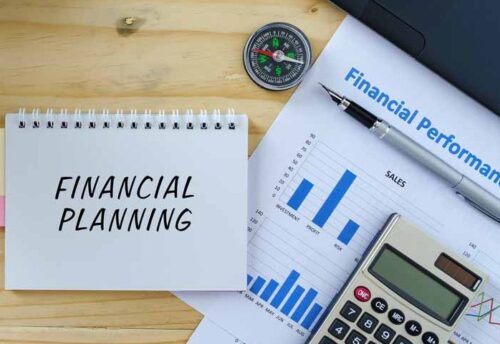
- 07/09/2024
- MyFinanceGyan
- 192 Views
- 8 Likes
- Investment, Mutual Fund
What are ELSS Mutual Funds?
Equity Linked Savings Scheme (ELSS) mutual funds are tax-saving investments that offer both equity market exposure and tax benefits under Section 80C of the Income Tax Act. These funds have a lock-in period of 3 years and aim to provide long-term capital appreciation, making them a popular choice for investors.
Key Features of ELSS Mutual Funds:
- 3-Year Lock-in Period: ELSS funds come with a minimum lock-in period of 3 years, the shortest among tax-saving investments.
- Equity Exposure: They invest at least 80% of their portfolio in equities.
- Tax Benefits: You can claim up to Rs 1.5 lakh as a deduction under Section 80C, helping you save up to ₹46,800 in taxes.
- Market-Linked Returns: Returns depend on how the underlying stocks perform, offering potentially high returns over time.
- Diversified Portfolio: ELSS funds typically invest across sectors and market caps, which helps reduce risk.
How Do ELSS Funds Work?
ELSS mutual funds invest in stocks of companies across various sectors and market capitalizations (large, mid, and small-cap). Fund managers carefully select stocks to create a diversified portfolio aimed at maximizing long-term growth.
While there is no cap on the amount you can invest in ELSS funds, only investments up to Rs 1.5 lakh are eligible for tax deductions under Section 80C. The lock-in period ensures that your investment remains untouched for at least three years.
Tax Benefits of ELSS Funds:
- Section 80C Deduction: Investments up to Rs 1.5 lakh in ELSS are eligible for tax deductions under Section 80C, potentially saving you up to ₹46,800.
- Long-Term Capital Gains Tax: After the 3-year lock-in, when you redeem your ELSS units, you must pay long-term capital gains tax (LTCG) at 12.5% (plus surcharge and cess) on gains above Rs 1.25 lakh. Gains within Rs 1.25 lakh are tax-free.
Who Should Invest in ELSS Mutual Funds?
- Salaried Individuals: ELSS is ideal for salaried people seeking higher returns than traditional savings options like EPF or ULIPs, while also benefiting from tax deductions.
- First-Time Investors: ELSS is perfect for new investors looking to start their investment journey. While equity investments carry short-term risks due to market fluctuations, ELSS funds tend to perform better over longer periods (5 years or more).
Factors to Consider Before Investing in ELSS Funds:
- Fund Performance: Compare the fund’s returns with its competitors and benchmark. Choose funds that have consistently delivered good results over the long term.
- Fund House Reputation: Invest with a fund house that has a solid track record over 5–10 years.
- Expense Ratio: A lower expense ratio means higher potential returns as less of your money is spent on managing the fund.
- Risk Metrics: Assess metrics like standard deviation and beta to understand the risk. A higher Sharpe ratio indicates better risk-adjusted returns.
- Fund Manager: Choose a fund managed by an experienced and competent manager who knows how to select the right stocks.
- SIP or Lumpsum: You can invest via SIP (Systematic Investment Plan) or a lumpsum amount. SIP is preferred as it allows you to invest regularly and benefit from cost averaging.
Better Post-Tax Returns:
If your total capital gains in a financial year exceed Rs 1.25 lakh, the LTCG from ELSS will be taxed at 12.5%. If the gains are below Rs 1.25 lakh, no tax applies.
How to Invest in ELSS Funds?
- Growth Option: Under the growth option, your gains are only realized at the time of redemption. This allows your investment to grow over time as the NAV (Net Asset Value) increases.
- Dividend Option: Investors receive dividends, but these are taxable. Dividends above Rs 5,000 are subject to a 10% TDS.
- Dividend Reinvestment: Dividends are reinvested into the fund, allowing for potentially higher returns during a market upswing.
Final Thoughts:
ELSS mutual funds are a great option for anyone looking to save on taxes while benefiting from long-term equity growth. Always consider factors like fund performance, risk, and the experience of the fund manager before making your investment decision. SIPs can be a smart way to start investing in ELSS and build wealth over time.
Note: The information in this article is for educational purposes only and not intended as specific financial advice.



